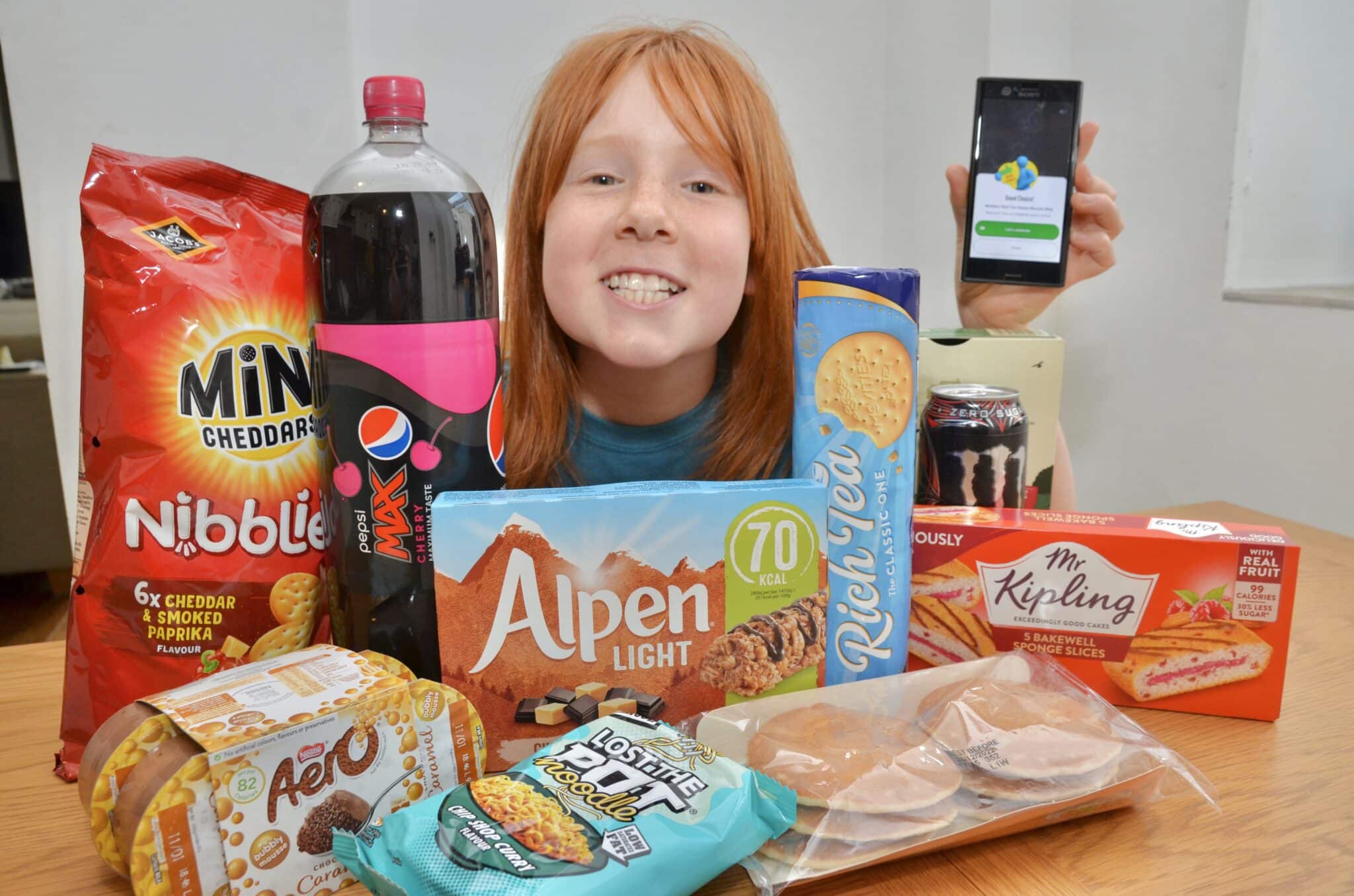With people struggling to pay for food and the NHS battling with escalating diet-related illness, you’d think healthy and affordable diets would be a top priority for the UK government.
But last year they U-turned on promises to stop junk food being advertised to kids and on the proposed ban on promotional deals for unhealthy foods.
And not only is the government failing to act on helping us to eat healthy, local, sustainable produce – they are promoting ultra-processed foods on behalf of huge corporations.
A new Soil Association investigation found a government healthy eating tool – the NHS Food Scanner app – describes biscuits, crisps, and fizzy pop as a ‘good choice’. It even awarded an energy drink a ‘high five’.
How can families make the right choices when government advice is so flawed?
The app is meant to help families “take control” of snacking, awarding a thumbs up if products fall below its threshold of salt, sugar, or saturated fat. But when we tested it on a sample of popular snack products, we found 80 per cent of those with the ‘good choice’ badge or similar endorsements were ultra-processed.
It is wrong to see government encouraging cash-strapped families to waste money on these foods, which typically contain little or no whole foods and are depleted in dietary fibre. Minimally processed and natural foods, including healthy tinned and frozen produce, are beneficial for our health.
But ultra-processed foods have been associated with ill health, including cancer and early death.
A growing body of scientific evidence is revealing the damaging effect the industrial additives and processing techniques involved in making these foods have on the gut microbiome and our overall health.
This is separate from how much fat, salt, and sugar they contain.
Other governments have woken up to this. France has introduced a percentage reduction target for ultra-processed foods in the national diet and Canada, Brazil and Chile recommend limiting or avoiding them.
Worryingly, more than half of UK shopping baskets is made up of these foods. British children have the highest levels of ultra-processed food intake in Europe, with them making up an average 65 per cent of their diets.
Why is the UK government dragging its heels? Why are they giving a thumbs up to unhealthy snacks like Pot Noodles, McVitie’s biscuits, and Mr Kipling’s cakes?
It’s almost like the government is more concerned about corporate profits than children’s health.
But we’re holding them to account – nearly 13,000 people have signed our petition urging the government to sort this mess out (you can sign and share too).
We’re also campaigning for a complete overhaul of the UK’s broken food system. It should be so much easier for us to eat nutritious, sustainable food and consume less ultra-processed food with its links to poor health and environmental damage.
Fairer, more localised supply chains are a key part of the answer to the interlinked climate, nature, public health, and cost-of-living crises.
Our schools and hospitals should also be serving food produced by nature-friendly British farmers.
This kind of policy pays for itself in benefits. The Soil Association’s Food for Life programme, which helps to improve public sector food, was recognised for its social, economic, and environmental value by Henry Dimbleby’s National Food Strategy.
The government’s hands-off approach to diets is severely out of date. Failure to provide good advice is putting us all at risk. The government is taking the biscuit.
They must stop telling families that ultra-processed is a good choice and show true leadership by helping us all to eat better.
Read more on processed food:













0 Comments